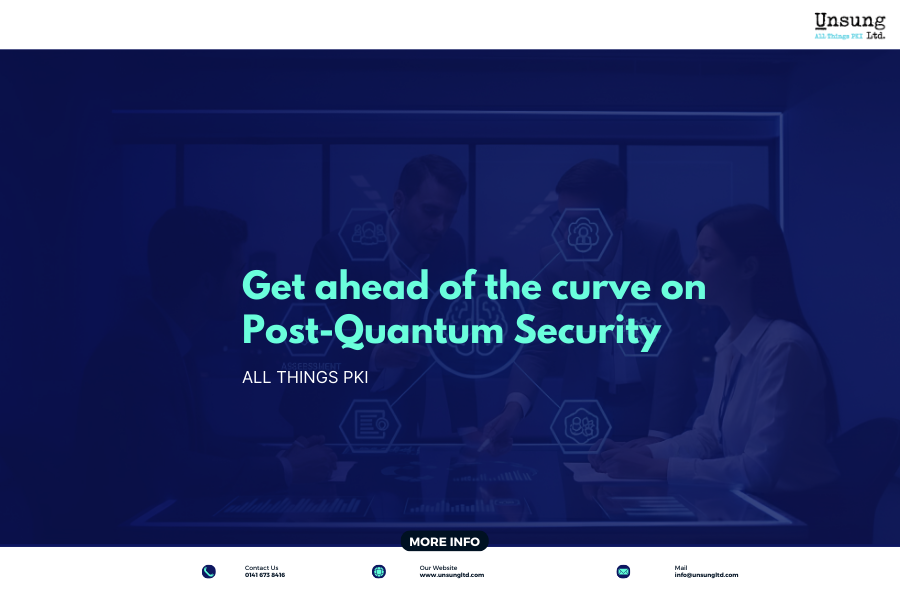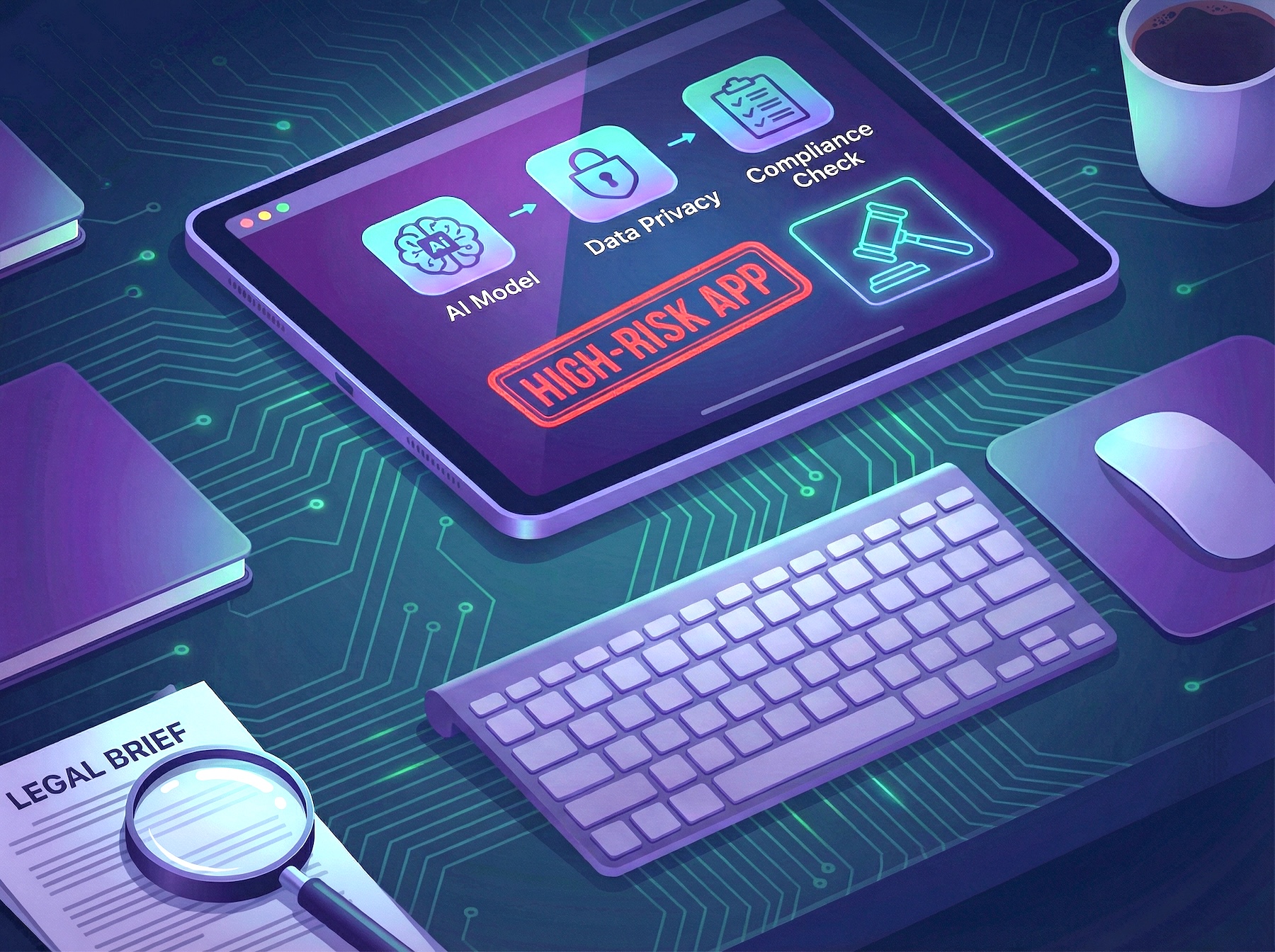AUTHOR: Steve Peters, digital business director at Code Computerlove
The role of digital systems (platforms & CMS) is becoming increasingly important to all types of organisation, those operating in B2C and B2B sectors alike. This is part of the reason why ‘digital transformation’ is such a hot topic at the moment as many businesses trying to adapt realise that their current solution isn’t up to the job any more.
There can be several triggers that force a business to re-platform or overhaul a digital system, from out-of date, inadequate legacy systems to simply a change of agency that highlights the longer term effect a new platform or CMS can deliver in improving efficiencies (and profitability) across the business as a whole.
But regardless of trigger and need, the point is that migrating a digital system can be fraught with risk and seem an ominous (and very expensive) task – eating into time as well as money.
But based on our experience helping some of the UK’s most admired businesses and brands move their business through significant digital change, we know introducing new digital systems can open up possibilities never thought possible and can future proof a business in a world where change is the only constant.
Having now helped more than five businesses through this process (learning as we go of course!), we have created a 10-step framework that’s proven to de-risk the migration of digital systems and support the transformation of a business into the digital age.
More detailed thinking on the subject can be accessed in our latest whitepaper, but here are what we think are the key factors in de-risking digital system migration.
- Collect problems from across the business
- Create a forum to drive through change
- Benchmark performance
- Make the right platform choice
- Consider free versus licensed products
- Prove a positive impact BEFORE you do anything
- Replace the most valuable parts first
- Quality for the long term
- De-couple your systems where you can
- Think products not projects
Finally don’t forget SEO, which should be factored in at the very earliest stages. Lifting and shifting ‘everything’ over to the new system is never the right thing to do, nor is assuming that ‘long tail’ content that gets few views isn’t valuable. Building SEO requirements into the new system from the start is a must.
So as we see a genuine shift in the role of digital platforms in today’s businesses, and digital transformation become a board-level imperative, making the transition between digital systems becomes ever more critical.
Those who get it right can reap the rewards from day one, and will continue to evolve their capabilities without the need to ever re-platform again. Those who cut corners or who perhaps look at ‘cost’ over ‘value’ might find themselves back to square one in three years’ time.
Request a copy of the whitepaper here
http://www.codecomputerlove.








